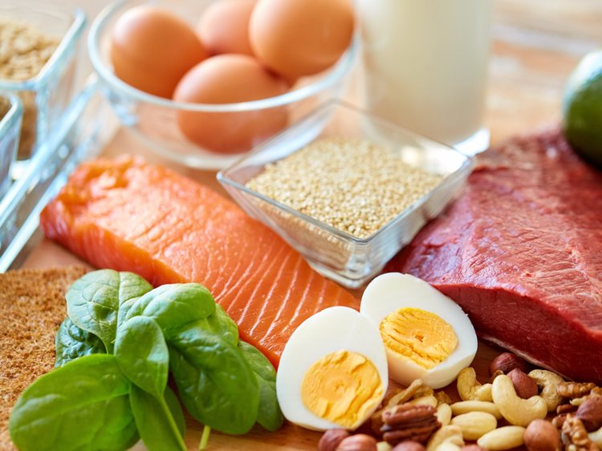
What are the best "kidney friendly" foods?
Kidney friendly foods are essential for maintaining good kidney health and preventing complications for those with kidney disease. Here are some of the best options,
1. Low Potassium Fruits: Include fruits like apples, berries (except blackberries), grapes, and pineapple in your diet. These fruits are lower in potassium compared to bananas, oranges, and melons.
2. Low Sodium Vegetables: Opt for vegetables such as cabbage, cauliflower, bell peppers, and onions. These are lower in sodium and can help manage blood pressure, which is crucial for kidney health.
3. Lean Proteins: Choose lean protein sources like skinless poultry, fish, and eggs. These provide essential amino acids without overloading your kidneys with excess protein.
4. Whole Grains: Incorporate whole grains like brown rice, quinoa, and whole wheat bread into your meals. They are rich in fiber and nutrients, promoting overall health without burdening the kidneys.
5. Healthy Fats: Include sources of healthy fats such as olive oil, avocados, and nuts. These fats are beneficial for heart health and provide essential nutrients without putting stress on the kidneys.
6. Limit Phosphorus: Foods high in phosphorus, such as dairy products, nuts, and seeds, should be consumed in moderation. Excess phosphorus can be harmful to kidney function.
7. Herbs and Spices: Use herbs and spices like garlic, ginger, and parsley to flavor your dishes instead of salt. This reduces sodium intake and adds flavor without compromising kidney health.
8. Appropriate Fluid Intake: Stay hydrated by drinking water throughout the day, but monitor your fluid intake if you have kidney issues. Consult with a healthcare professional to determine the right amount of fluid for your condition.
9. Portion Control: Keep portion sizes in check to avoid overloading your kidneys with excessive nutrients and minerals. Eating smaller, more frequent meals can help manage blood sugar and reduce stress on the kidneys.
10. Consult a Dietitian: For personalized dietary recommendations tailored to your specific condition and needs, consult a registered dietitian specializing in kidney health. They can provide guidance on meal planning and help you make informed choices to support your kidney function.
www.quora.com

